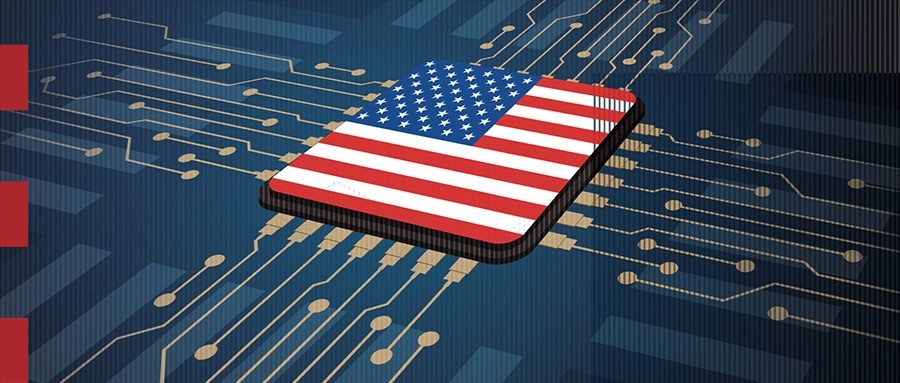In 2022, United States President Joe Biden signed the landmark CHIPS and Science Act, which not only marks a major shift in United States' semiconductor industry policy, but also indicates that the global semiconductor industry will usher in a series of far-reaching impacts and challenges. In this article, China Exportsemi web will try to deeply explore the potential impact of this bill on the global semiconductor industry, analyze the opportunities and challenges it brings, and provide specific data support.
Overview of the United States CHIPS Act
The core goal of the CHIPS and Science Act is to enhance United States' competitiveness in the global semiconductor value chain by providing approximately $52 billion in government subsidies to support United States semiconductor research, development and production. The bill also includes restrictions on the export of technology to specific countries, as well as measures to encourage international cooperation and supply chain diversification.
Global Impact Analysis
The implementation of the United States Chips Act has had the following impacts on the global semiconductor industry:
1. Manufacturing reshoring: The bill has successfully attracted semiconductor giants, including Intel, Samsung, and TSMC, to establish or expand production capacity in the United States by providing financial support and tax incentives. According to the United States Chip Industry Association, more than 70 new chip-related projects have been announced, and the private sector has committed more than $200 billion in investment.
2. Supply Chain Restructuring: The bill encourages international cooperation to diversify supply chains and reduce dependence on a single region. This policy may lead to the redistribution of global chip manufacturing capacity and affect the industrial layout of relevant countries.
3. Technology export restrictions: The export restrictions in the Act, especially those targeting China, may hinder the exchange and development of global semiconductor technology and affect the stability of global supply chains.

Figure: The impact and challenges of the United States Chips Act on the global semiconductor industry
Challenges and opportunities
While the United States CHIPS Act has an impact, it also faces a series of challenges:
1. Difficulty of supply chain restructuring: Chip manufacturing is a highly complex and capital-intensive industry, and the restructuring of the supply chain requires huge investment and time costs.
2. Restrictions on international cooperation: The export restrictions in the bill may have an impact on the cooperation and division of labor in the global chip industry, and affect the synergy effect of the global chip industry.
3. Talent shortage: It is estimated that the United States semiconductor industry could face a shortage of up to 90,000 workers in the coming years, which could limit the effectiveness of the bill.
conclusion
The United States CHIPS Act is a policy aimed at strengthening United States' position in the global semiconductor industry, and its impact is global. While the law provides financial support and policy incentives, there are many challenges to its successful implementation, including the complexity of supply chain restructuring, restrictions on international cooperation, and talent shortages. At the same time, this bill may also trigger global supply chain restructuring and industrial competition, and countries and companies need to pay close attention and formulate corresponding response strategies.






